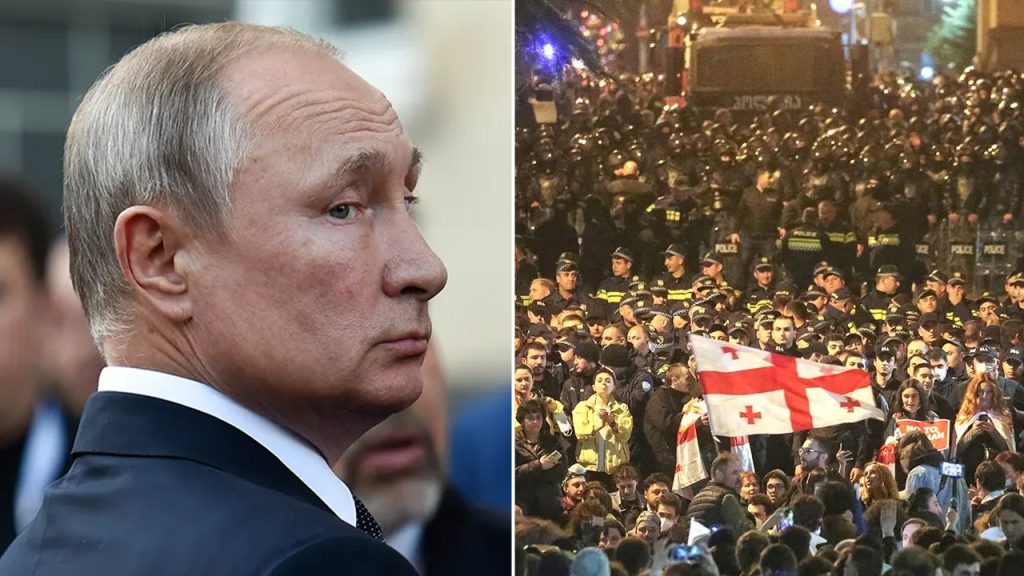The government of Georgia has signed a controversial new law that many believe will end the country’s young democracy and take it back to its old Soviet Union days. This law requires citizens, non-governmental organizations, media outlets, and other civil society organizations that receive over 20% of their funding from abroad to register as foreign agents with the Justice Ministry. The law has sparked large protests across Georgia, with nearly 200,000 people taking to the streets in opposition. Protesters have clashed with riot police outside the Parliament building in Tbilisi, with tensions remaining high.
In response to the new law, a group of U.S. senators led by Sen. Jeanne Shaheen and Sen. Jim Risch have condemned it as “a dark day for Georgian democracy.” Human rights organizations have also spoken out against the law, warning that it will marginalize and discredit opposition voices and have a chilling effect on free speech. Critics of the law argue that it will allow the government to crack down on dissent and silence those who do not share its views.
Georgian President Salome Zourabichvili, who is pro-EU and pro-West, has vowed to veto the law, but the Parliament can override her veto with a simple majority. This has raised concerns that the law will ultimately be passed despite opposition. The law’s passage follows weeks of heated debate and physical clashes within the Georgian Parliament. Pro-European sentiment remains strong among the Georgian people, with aspirations to join the EU, but the ruling party is seen by many as sympathetic towards Russia, posing a roadblock to these aspirations.
Many believe that the new law will serve Russian interests by driving Georgia away from its Western allies. Russia’s actions in Ukraine are seen as part of a broader effort to undermine democratic values and the rules-based international order. The passing of this law could embolden other countries, such as Moldova and the Balkans, to follow suit, further eroding democracy in the region. Despite the challenges facing Georgia, there is optimism among those opposing the law that they will prevail and steer the country back towards its EU and NATO aspirations, even though they acknowledge that it will be a long and difficult fight. Overall, the situation in Georgia reflects a larger struggle between democratic values and authoritarian forces in the region.


